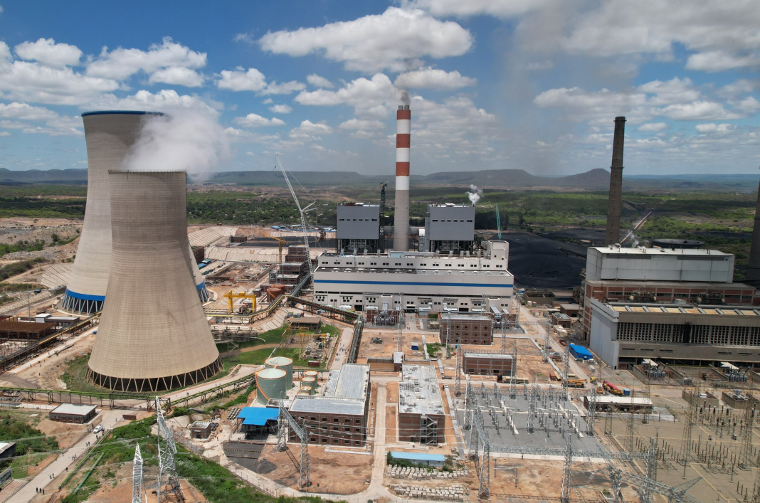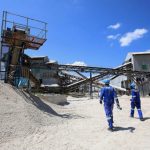HON. SODA: It is Government policy that critical institutions like hospitals and water treatment plants are given priority, especially by way of providing dedicated power supply infrastructure to take care of those institutions including those facilities? Whenever we have shortage of power, those critical facilities must always be provided with electricity. So in case there might be a particular facility which went out on an outage, I would be glad to be advised so that we inform ZETDC to ensure that such facilities are not subjected to load shedding. Also, dedicated power supply infrastructure is constructed on those particular facilities to ensure that power is always available on the facilities. I thank you.
THE HON. SPEAKER: You indicate Hon. Minister that three units are being worked on and the timeline was not given.
HON. SODA: These are faults that are being attended and I am not able to give specific timelines to say the units will be back after two days or three days because usually when a unit comes out of the grid, they require time to cool the whole system before any maintenance can be undertaken but the timelines will be very difficult to give, given that they have to also ascertain the works that have to be done. Knowing how critical the situation is, they will try by all means to ensure that the units are brought back with urgency. I thank you.
HON. P. D. SIBANDA: Thank you Hon. Speaker. Hon. Minister, what is the anticipatory capacity of …
THE HON. SPEAKER: No, no, you address the Chair.
HON. P. D. SIBANDA: Thank you Hon. Speaker. Hon. Speaker, I want to find out from the Hon. Minister …
THE HON. SPEAKER: That is better.
HON. P. D. SIBANDA: The anticipatory capacity of ZESA of encountering faults such as the ones that the Hon. Minister indicated; looking at the fact that there was no pre-warning to the industry and the communities that there would be depleted power production in the country. I thank you.
HON. SODA: Thank you Mr. Speaker. The outage that happened at Hwange was a forced and unplanned one which I said is coming as a result of the age of the equipment being used for power generation. Inasmuch as the industry, including all other consumers, would have wanted to be warned, it is unfortunate because these outages are not planned. If it were a planned outage, for instance the annual maintenances; yes, warnings would have been sent by the power utility but it is unfortunate that it is not possible for now until we have dependable equipment like the expansion project that is currently being worked on. I thank you.
HON. DR. MASHAKADA: Thank you Hon. Speaker Sir. Through you Hon. Speaker Sir, I want to ask the Hon. Minister that, given the huge capital expenditure and the long gestation period required on thermal and hydro power generation, what is the Government policy on grids and green energy transition which is a low hanging fruit whilst the implementation of thermal and hydro projects is ongoing? Thank you.
HON. SODA: Thank you Mr. Speaker Sir. Mr. Speaker, the Government has a whole policy that was launched in 2019 – the National Renewable Energy Policy. It articulates how we will transition from the use of fossil fuels to renewable energy. We have very good potential for generation in Zimbabwe from solar; also wind is being ascertained as to what potential can be harnessed from wind. We also have the bio-gas that is also being articulated from the same Renewable Energy Policy.
Continued next page
(135 VIEWS)


